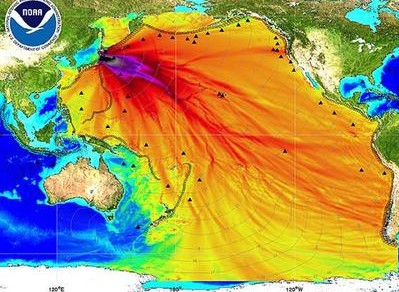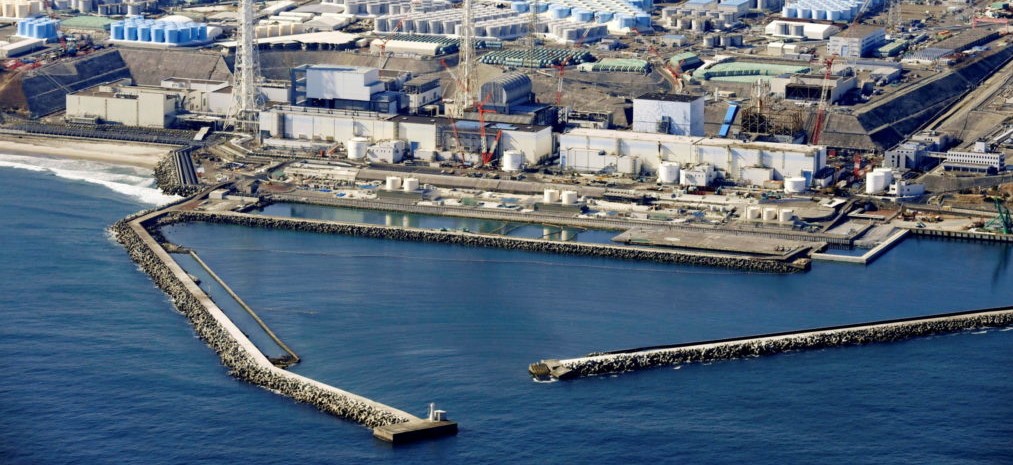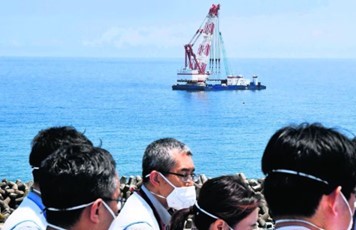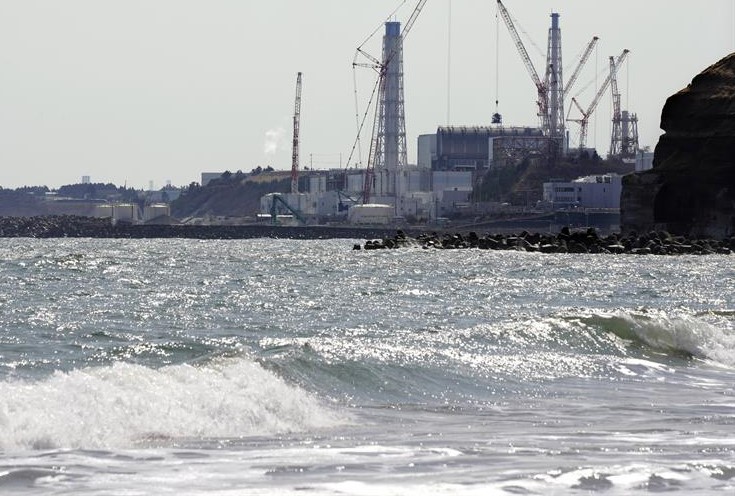
Thursday will mark the start of the discharge of treated wastewater from the Fukushima nuclear power plant into the sea, according to the Japanese prime minister’s announcement on Tuesday. This move has prompted a series of immediate responses from neighboring nations, especially China, which has expressed concern about it.
Security Assured by the Authorities
Both the Japanese government and TEPCO, the plant’s operating company, claim, backed by the U.N. nuclear agency, that the treated water poses no health or environmental risks due to a process that removes most radioactive substances.
Concerns of Various Parties
Despite these assurances, the local fishing community is concerned about the potential negative impact on the reputation of their products. China and Hong Kong have implemented import bans on Japanese food in response to this situation.

Discharge Plan and Regional Reactions
The Japanese government has instructed TEPCO to prepare for the ocean spill, based on a plan approved by the Nuclear Regulation Authority. The download is scheduled for August 24, weather and sea conditions permitting.
This plan envisages dumping the water at a maximum rate of 500,000 liters per day into the Pacific Ocean, off the northeastern coast of Japan.
Opinions Divided on Fukushima
The position on this issue varies among experts and stakeholders. Greenpeace has expressed concerns about the leaking process and its impact on the future. However, a nuclear expert at the University of Adelaide has dismissed these concerns as “scaremongering”.

International Perspective
The International Atomic Energy Organization has stated that the impact of the discharge will be negligible to the population and the environment. Despite this, the Japanese plan has raised concerns in the region.
Responses from Neighbouring Countries
In South Korea, demonstrations have taken place against the dumping plan, while in China, criticism has been more direct. The Chinese Foreign Ministry has rejected the Japanese decision and announced measures to safeguard the marine environment and food security.
The semi-autonomous city of Hong Kong has also enacted restrictions on imports of Japanese goods, raising concerns in Japan’s fishing industry.

Multiple factors at play
Analysts suggest that, aside from genuine concerns, there may also be a component of geopolitical and economic rivalry to the Chinese reaction. The complexity of the issue of the Fukushima water spill allows China to exert economic pressure and accentuate internal divisions in Japan.
For more news like this, click here.
